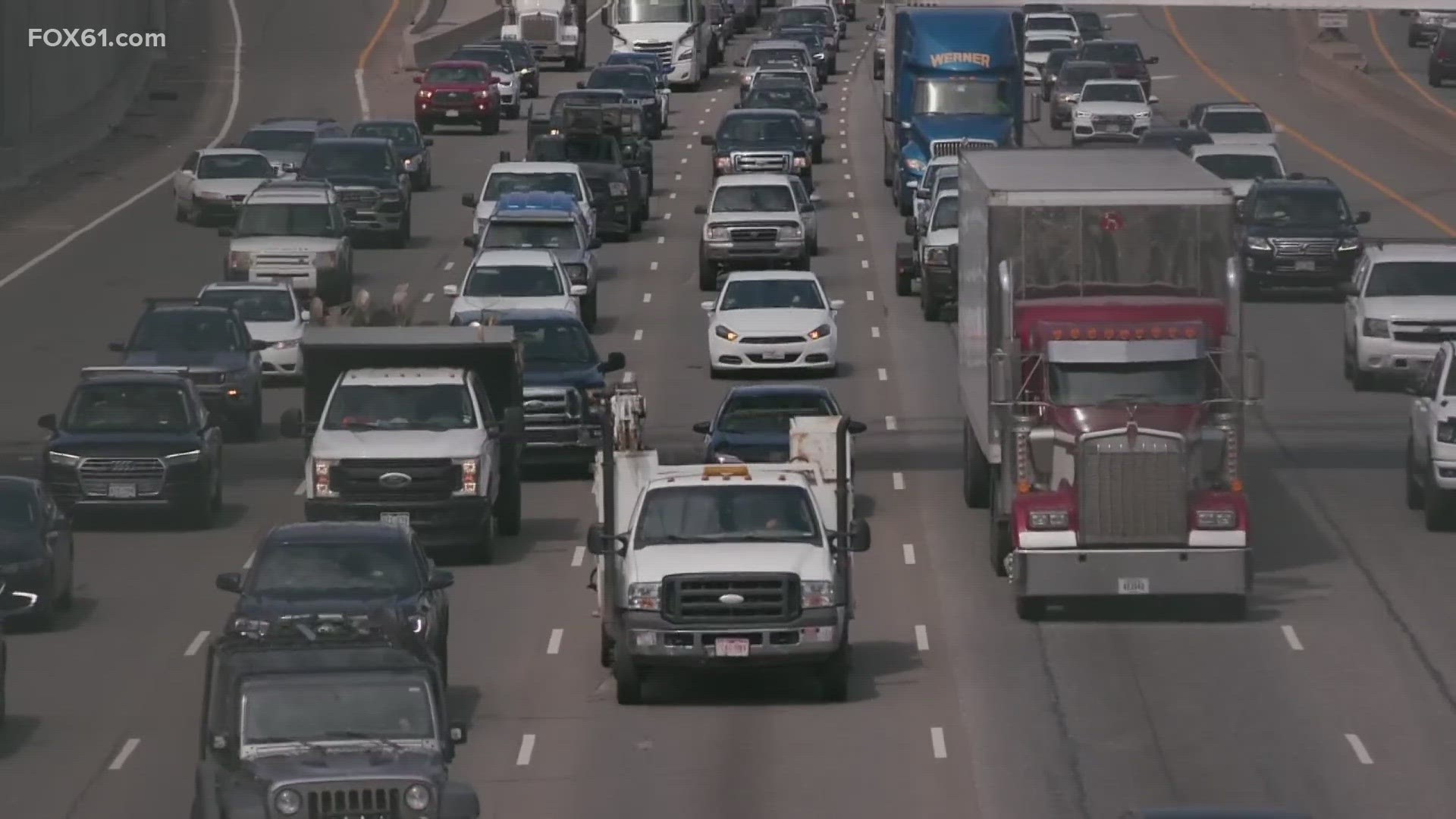HARTFORD, Conn. — A new report is challenging claims about a proposal to end the sale of new, gasoline-powered cars in Connecticut by 2035, less than two weeks before a legislative committee decides on its fate.
The proposed regulation from the Department of Energy & Environmental Protection (DEEP) would prohibit the sale of any new, gasoline-powered vehicles in Connecticut starting in 2035. Used gas cars could still be sold. It's meant to reduce greenhouse gases causing climate change. It would also reduce money coming into the state's coffers, because reducing fuel sales means less money from gas and petroleum taxes.
DEEP acknowledged this in their own analysis of the regulation's impact. But a new report from the non-partisan Office of Fiscal Accountability says that the loss of revenue could be triple DEEP’s estimate.
DEEP disputes OFA’s calculations, particularly their reading of the petroleum excise tax. "The assertion that DEEP underestimated the fiscal impact from excise tax revenues by $5M in FY 27 and by $10M in FY 28 is incorrect. In fact, when you compare the excise tax calculation that was actually used in DEEP’s analysis, the excise tax impact is actually slightly overstated."
The agency also points to other savings the state could see to offset the loss in taxes, citing an estimated saving of $270 million by 2040, and at least $500 million by 2050.
"The standards also reduce our reliance on fossil fuels, and the rollercoaster price swings we’re unfortunately all too familiar with in that market," according to DEEP Communications Director Will Healey.
However, DEEP does agree with OFA's statement that estimating impacts 10 or 15 years into the future is "uncertain and is dependent on several factors beyond the scope of this analysis, such as macroeconomic conditions and consumer demand." No one's crystal ball is completely clear.
The opponents of the proposal say that’s exactly why the state should hold off enacting any mandate.
"Ten years is a long time from now," Senator Tim Harding (R-Brookfield) told FOX61 News. "And I think if you make it clear to the industry that the state is looking to move in this direction, um, and that we create policies that maybe not mandate but incentivize manufacturers and consumers into purchasing electric vehicles, we could move toward this standard, essentially without mandating it."
The ranking member of the Environment Committee is also concerned that the state will not be prepared with the requisite charging stations and other infrastructure the switch to electric vehicles would need. "It's a policy that simply isn't pragmatic."
DEEP says that it's prepared to adjust. "We agree that further policy discussion will be necessary in parallel with the rollout over the next 12 years of these critically important standards."
The legislature’s Regulation Review Committee, which is evenly split between Republicans and Democrats, must approve the proposal. That vote is scheduled for November 28th. Committee member Sen. Cathy Osten (D-Sprague) tells FOX61 that she was not surprised by the new report, saying she has been keeping in touch with OFA as their analysis progresses. She said she is still reviewing all the information and has not yet committed to a 'yea' or 'nay' vote.

